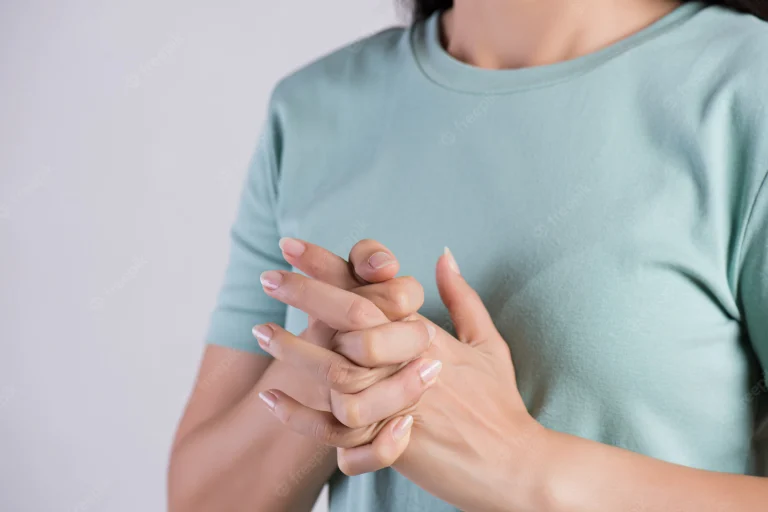As we go about our daily activities, our knees, knuckles, ankles, and even our lungs might produce worrisome crackles. It originates from nitrogen bubbles that are trapped and subsequently expelled during specific movements from the synovial fluid. As long as there is no injury, infection, or disease to blame, these sounds are typically normal. However, there are situations when the noise indicates a more serious issue.
You are not alone if your joints pop and crack. Joint popping and cracking generally do not require medical attention. Even so, you should see the Best Orthopedic Surgeon in Lahore if the popping and cracking in your joints accompany discomfort and swelling.
MENISCAL TEARS
The meniscus is a small band of cartilage that lies between the femur and tibia’s weight-bearing joints. The shredded or detached edges may become tangled during movement if that cushion is damaged. This results in swelling, discomfort, and cracking or popping sounds.
OSTEOARTHRITIS
On the other hand, arthritic deterioration of the bone and cartilage may also be the cause of the noise you hear. The swelling brought on by various forms of arthritis alters how the joints move. The wear-and-tear type of arthritis, which commonly affects people as they age, is known as osteoarthritis (OA). Swelling and pain are brought on by the cartilage’s subsequent degradation. At first, it can just sound like normal cracking, but if the cushioning around the joint is eliminated, it will sound like severe bone-on-bone grinding.
PATELLOFEMORAL PAIN SYNDROME
Patellofemoral pain syndrome (PFPS) refers to pain in the front and around the kneecap or patella. PFPS, often known as “runner’s knee” or “jumper’s knee,” is frequently seen in athletes, particularly women and young adults. However, it can also affect non-athletes. Pain is frequently accompanied by a crunching or grating sound when the joint is moved.
HOW TO PREVENT JOINT CRACKING
Mindfulness
Being mindful is a good place to start if you wish to quit habitually cracking your knuckles (or other joints). Observe when and potentially why you pop your neck, back, or knuckles.
Light Stretching
Another remedy is mild stretching, which can lubricate your joints by moving the synovial fluid. For every joint in your body, there are static and dynamic stretches. These hand stretches are particularly useful if you have a habit of cracking your knuckles.
Exercise
Consider increasing your weekly exercise time to 150 minutes. Select things appropriate to your age and way of life. You can incorporate any physical activity into your fitness regimen, including housework, gardening, and small walks.
Extra Movement
The increased movement might be the easiest fix. If you spend a lot of time in one position, such as sitting or standing, you risk becoming stiff and needing to crack your joints. Move around frequently during breaks. If you work in a cubicle all day, try to stand up at least once every half-hour.
The treatment of these sounds that are accompanied by pain is entirely dependent on the underlying cause. In many instances, addressing the inflammation can be quite beneficial. This could include cold therapy or medical support.
Get in touch with Dr. Moghees Ikram Ameen for a diagnosis if you have loud joints. Understanding the underlying reason is crucial for differentiating between normal sound and a chronic or severe disease that calls for medical intervention.

